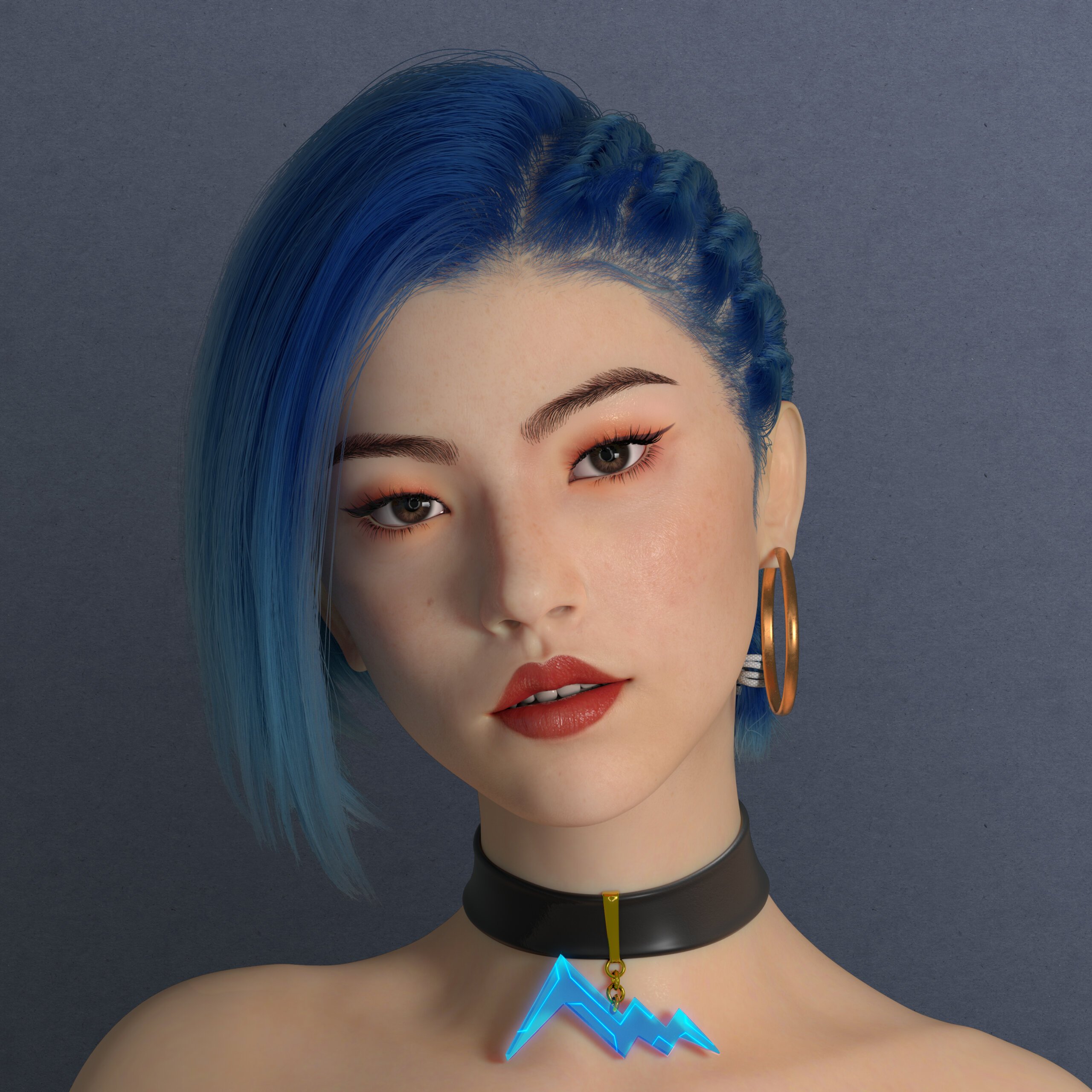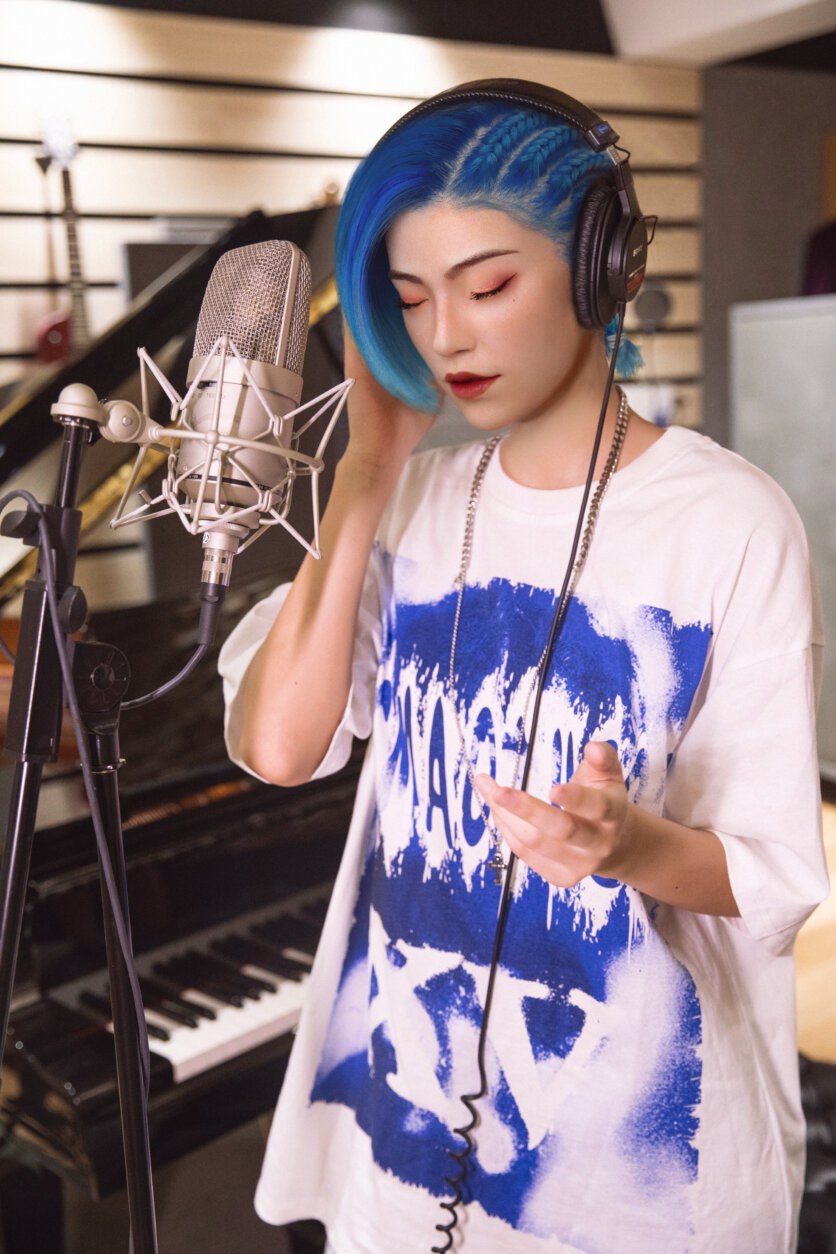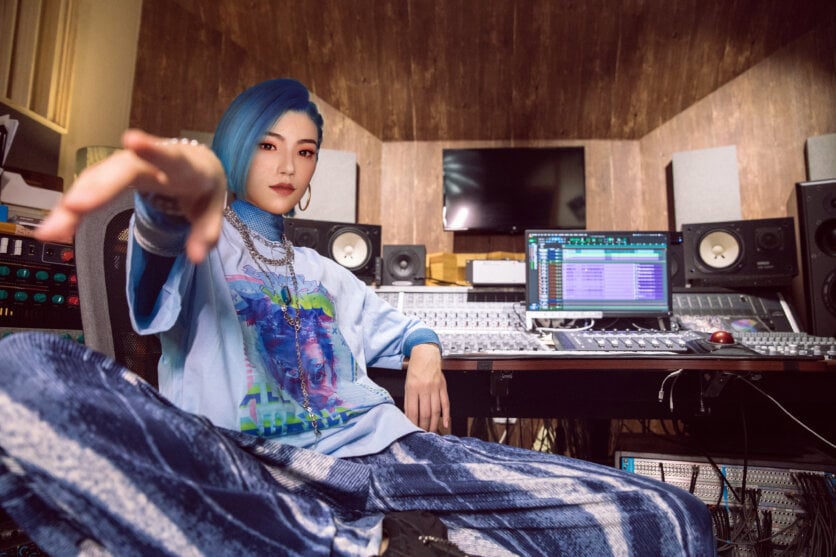lil-miquela-ai.md 8.4 KB
+++ title = "This virtual artist just inked a major record deal in China. A sign of the future?" date = "2021-07-30T10:49:06+08:00" type = "blog" banner = "https://i.imgur.com/jdQb3ZH.jpg" +++
This virtual artist just inked a major record deal in China. A sign of the future?
Virtual artists are still something of a novelty, but they’re nothing new.
The most famous virtual artist in the West – as in, an AI-generated performer – is perhaps Lil Miquela, with her 3 million Instagram followers and hundreds of thousands of monthly listeners on Spotify.
There’s also FN Meka, the “robot rapper” MBW wrote about in April (who now has nearly 10 million followers on TikTok), plus the League Of Legends K-pop band, K/DA – voiced by humans, but fronted by avatars.
We’ve never before seen a virtual artist sign a deal with a major record label, however… until now.
That major record label is Whet Records – Warner Music Group‘s pan-Asian dance label in China, which was founded in April and is already expanding fast.
To date, Whet has very much centered itself in the human realm, with standout signings including star Chinese DJ, Lizzy Wang.
This week, Whet has unveiled six new signings from a mix of different backgrounds. They include dance music pioneer Mickey Zhang, and one of southeast Asia’s top DJs, 22Bullets.
Yet this latest crop of signings also includes an artist who only exists online.
Ha Jiang is what’s known locally as a “virtual idol” – a huge deal in Asia, particularly in China and Japan, where they’ve amassed significant fan bases.
“Virtual idols” talk about their lives, their relationships, what they get up to, the things that interest them. And some have started to build careers as influencers and fashion models.
Ha Jiang is the first to bag a record deal with a major label. So is signing her, alongside five human artists, a gimmick or the start of a meaningful trend?
MBW caught up with Jon Serbin, the CEO of Warner Music Greater China and Head of Whet Records to find out…
Before we talk about ‘virtual idols’, what sort of artists do you more typically look to add to the whet roster?
We’re looking for original artists, who we can help cut through the noise, and connect to a massive fanbase.
Look at Mickey Zhang, the man is a true pioneer of dance music in Asia, who has blended Western and local sounds to create music that’s inspired generations of artists and producers. Or YUAN, who has combined traditional Chinese instruments with dance beats to create a unique sound, and Yuen Yuen, who deliver their art in multi-media formats. Or Gigi Lee, who has combined her music skills with her keen sense of fashion to become a key influence influencer in Greater China.
How significant are ‘virtual idols’ in Asia?
‘Virtual idols’ are already a huge phenomenon in China, as well as other parts of Asia. They’re attracting big following on social media, particularly Gen-Z fans. People become really engaged with the idols’ daily lives, much like they are with real film stars or models.
Thus far, the idols have mainly had careers in fashion, taking part in virtual cat walks, and wearing the latest designs. The Japanese model Imma, who has about 350,000 Instagram followers, posts about art, film and culture. It’s really a mix of virtual and real. She appears in posts with human celebrities and ‘friends’ and talks about things like moving into a new home. Many of the posts are quite life-like, others are more surreal.
“As with any form of fame, there are stars that cross over into music. ‘Virtual idols’ won’t be any different.” Jon Serbin, Warner Music Greater China / Whet Records
As with any form of fame, there are stars that cross over into music. ‘Virtual idols’ won’t be any different. We see a lot of overlap between the followers of Chinese pop stars and the fans of ‘virtual idols’, so they’re already appealing to the same audience.
One thing that’s difficult for some people to understand is that it’s typical not to talk about the teams behind these idols. The idols are always talked about as real personalities.
Who is the ‘virtual idol’ that you are signing?
Our first ‘virtual idol’ signing is Ha Jiang , who already has more than 100,000 followers in China.
Essentially, she’s a social influencer, known for her sense of style and fashion. The city of Shanghai even hired her to promote safe driving!
“We’re going to pair her with some amazing songwriters and producers and make some impactful music that will introduce her to a whole new audience.”
A move into music is a natural next step. Her image is all about positivity and good vibes and her style is perfect for the dance genre.
There’s a deep connection between Ha Jiang and her growing and very passionate fan-base. We’re going to pair her with some amazing songwriters and producers and make some impactful music that will introduce her to a whole new audience.
How ground-breaking is it for Warner/Whet to sign a ‘virtual idol’ to a record deal?
We’re leading a new trend here. Our deal with Ha Jiang is the first deal like this for a major record company in Asia. And it isn’t a novelty deal to us – we’re seeing this as the start of a proper campaign.
Perhaps she’ll even do a duet with one of her Whet label mates – she has the ability to open up new avenues for them.
I’m certain we’ll see many more deals between ‘virtual idols’ and labels around the world.
Why are you choosing an idol in the dance genre?
Dance is a very universal genre, and there’s often very strong visuals and graphics associated with the music. In this genre, Ha Jiang has the potential to find fans across Asia and even travel the world.
Dance music has also always been forward-thinking about technology. It’s openness to innovation and eagerness to embrace the next big thing makes it a perfect launching pad.
It’s clear you’re not turning your back on human stars, but what impact do you expect virtual artists to have in the Chinese market in future?
As you know, we just announced the signing of six incredible artists. We’ve got ambitious plans to step-up our signings across Greater China, and invest even more heavily in the phenomenal talent in genres from dance to hip-hop.
And it’s important to say that our projects for ‘virtual idols’ will create opportunities for humans too. We’ll be working with great songwriters, engineers and producers to help create their music.
“it’s important to say that our projects for ‘virtual idols’ will create opportunities for humans too. We’ll be working with great songwriters, engineers and producers to help create their music.”
Overall, we think ‘virtual idols’ will help fuel the expansion of the Chinese music market.
They’ll be a dynamic addition to our roster and another way for music to compete in the attention economy.
Is this a trend you see going worldwide?
Yes. We’re already seeing ‘virtual idols’ in markets such as Japan and Korea, and even the US.
China is pioneering the scene because of the huge size of its market and fans’ keenness to adopt new technologies. Remember, Greater China was also the market that led the way on live streaming gigs, long before the Covid pandemic saw them gain traction in the rest of the world.
Do you think the way the pandemic has driven our behaviour – how comfortable we are with virtual meetings, virtual concerts etc – has accelerated the commercial potential of virtual idols/artists?
The impact of Covid-19, and the way we shifted to more digital interaction, certainly accelerated the rise of ‘virtual idols’.
Fans like the fact that idols are very relatable, but also can do very unusual, kind of magical things.
“During the pandemic, while everyone else is in lock-down, there are no real limits for idols. There’s a very creative escapism going on.”
During the pandemic, while everyone else is in lock-down, there are no real limits for idols. There’s a very creative escapism going on.
But we don’t think they’ll disappear as the pandemic recedes. There’s a place for them alongside human artists, just like live streaming will continue to complement in-person gigs.


